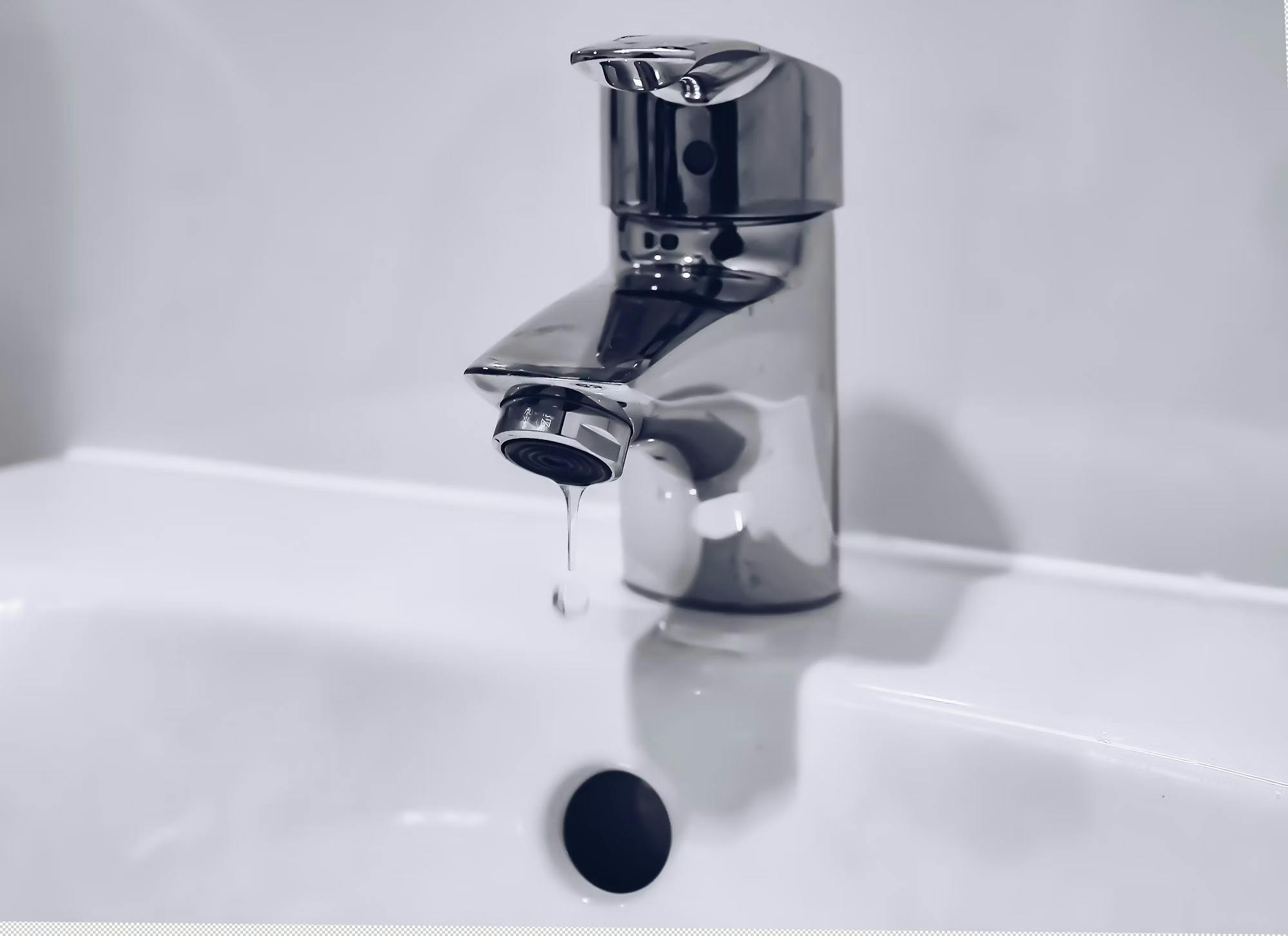How to Prevent Common Plumbing Emergencies
Plumbing emergencies can be a real hassle, often leading to unexpected expenses and disruptions. Fortunately, many common plumbing issues can be prevented with a bit of knowledge and proactive maintenance. Here’s how you can keep your plumbing in top shape and avoid those emergency calls.
1. Regularly Inspect Pipes and Faucets
Why It’s Important: Regular inspections can help you catch leaks, rust, and wear before they lead to bigger problems.
How to Do It:
- Visual Inspections: Check under sinks, around toilets, and anywhere you can see exposed pipes. Look for signs of moisture, rust, or mineral deposits.
- Listen for Drips: A small drip can turn into a costly leak. Fixing leaks promptly saves water and prevents water damage.
2. Be Careful What Goes Down Your Drains
Why It’s Important: Clogs are a leading cause of plumbing backups and emergencies.
How to Do It:
- Kitchen Sink: Avoid disposing of grease, coffee grounds, and non-food items down the kitchen sink. Use a drain strainer to catch food particles.
- Bathroom Drains: Install hair catchers in shower drains and avoid flushing anything other than toilet paper.
3. Know How to Use Your Plumbing Fixtures
Why It’s Important: Misuse of fixtures and appliances can lead to breakdowns and leaks.
How to Do It:
- Toilets: Don’t use them as a trash can. Flushing non-degradable items can clog sewer lines.
- Garbage Disposals: Run cold water when using the disposal and avoid overloading it with large quantities of food waste.
4. Maintain Your Water Heater
Why It’s Important: Water heaters are prone to sediment buildup and corrosion, which can reduce efficiency and lifespan.
How to Do It:
- Annual Inspection: Check the pressure relief valve and look for signs of leakage or corrosion.
- Flush the Tank: Periodically draining the tank helps remove sediment that can cause overheating and damage.
5. Prepare for Changes in Weather
Why It’s Important: Freezing temperatures can cause pipes to burst, leading to major water damage.
How to Do It:
- Insulate Pipes: Use foam padding sleeves or special insulating tape to protect exposed pipes from freezing.
- Keep the Heat On: If temperatures are expected to drop significantly, keep your home heated to a minimum of 55 degrees Fahrenheit to prevent freezing.
6. Schedule Professional Maintenance
Why It’s Important: Some issues require the expertise of a professional to ensure they are handled correctly.
How to Do It:
- Routine Checks: Have a professional plumber inspect your plumbing system annually.
- Immediate Attention: If you notice something unusual, such as a drop in water pressure or a gurgling sound, call a professional before it worsens.
By following these tips, you can significantly reduce the likelihood of facing a plumbing emergency. Remember, a little prevention goes a long way in maintaining the health of your plumbing system.
For more detailed guidance or immediate assistance with any plumbing issue, consider using Mavyn. At Mavyn, you can chat with Mavyn GPT or connect with a human expert to get tailored answers and solutions to your specific questions.
